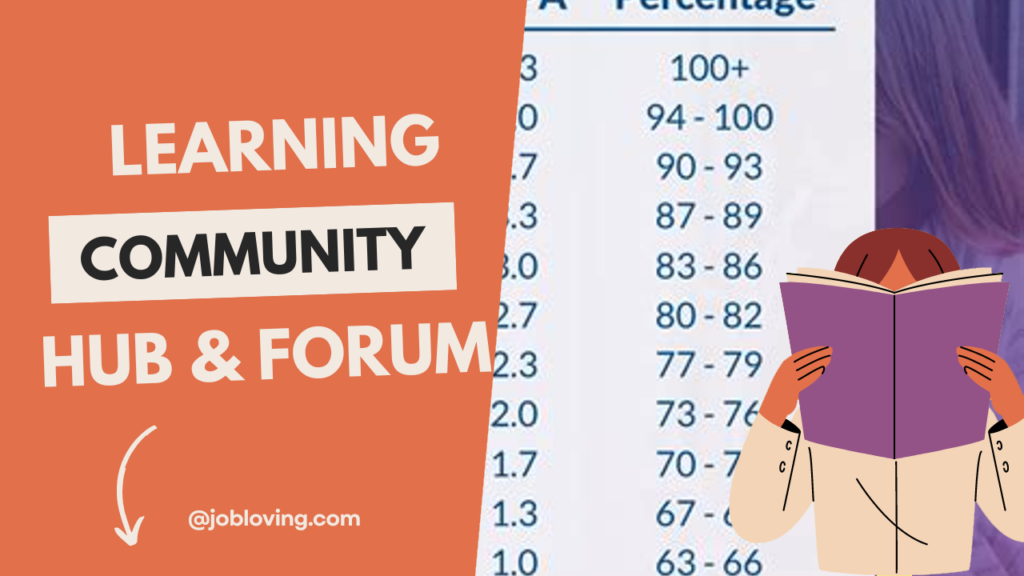Ever found yourself wondering just how low your GPA can go while still snagging that coveted diploma? It’s a reality check that many students face, and let’s be honest, it’s a pretty touchy subject! The notion of graduating with a 1.0 GPA might seem ludicrous, but it’s essential to grasp the minimum academic standards that your institution sets. Let’s dive into this conundrum!
The Short Answer: Nope, you can’t graduate with a 1.0 GPA!
To graduate from CSUN—or most universities, for that matter—you need to maintain at least a “C” average, which equates to a 2.0 GPA on a 4.0 scale. Falling below this benchmark can hinder your graduation, even if you’ve ticked off all the other boxes for your degree.
When you think about it, the GPA system is designed to indicate a student’s overall academic performance. So, a GPA of 1.0 suggests serious struggles in coursework! Most universities have set specific academic standards to ensure that graduates have demonstrated a certain level of proficiency in their fields. Hence, at CSUN, if your GPA is below 2.0, it could put a snag in those graduation plans and leave you racing against the clock to boost those grades.
If you’re teetering on the edge of the GPA cliff, it might be time to hit the books (or hop on YouTube for some late-night study hacks). Always keep in mind those minimum grade point averages your school mandates and make sure to check with your academic advisor to stay in the clear! And hey, if you have questions or want to kickstart your journey toward academic greatness, consider joining the JobLoving community for more resources and support!
Key takeaways about Can you graduate with 1 GPA?
GPA Requirements and Academic Policies
- A minimum GPA of 2.0 is often required to maintain enrollment in many colleges.
- Graduating with a 1.0 GPA is nearly impossible; most schools require at least a 2.0 GPA.
- Academic probation occurs when students fall below the minimum required GPA, often at 2.0.
- Graduates are encouraged to list GPAs of 3.5 or higher on resumes for job applications.
- Retaking failed classes is a common strategy for GPA improvement; policies vary by institution.
- Understanding school policies on retaking classes can empower students to make informed decisions.
- Many scholarships require maintaining a GPA of at least 3.0 for eligibility and renewal.
- GPA requirements for graduate schools often start at 3.0, but higher may be expected.
Strategies for GPA Improvement
- Taking courses pass/fail can protect GPA from lower grades during challenging semesters.
- GPA calculators can help students strategize and understand how to achieve desired GPA outcomes.
- Taking elective classes can provide opportunities for higher grades, aiding in overall GPA improvement.
- Balancing course loads with demanding and easier classes can lead to better GPA outcomes.
- Group study sessions can enhance understanding and help mitigate procrastination among college students.
- Office hours provide opportunities for personalized assistance and networking with faculty members.
- Online education offers flexibility, allowing students to study at their own pace for GPA improvement.
- Communication with professors can lead to additional support and understanding regarding academic struggles.
Mental Health and Academic Success
- Mental health should be prioritized; taking breaks can prevent burnout and enhance academic performance.
- Engaging in enjoyable activities, like dance or art, can improve overall well-being and academic focus.
- Setting boundaries with strict parents is vital for mental health and academic success in college.
- Balancing coursework with personal needs is crucial for maintaining both mental health and academic goals.
Long-term Academic Planning
- Students often underestimate the impact of GPA on future opportunities; awareness is key for planning.
- Graduating later than peers can be daunting, but it often leads to stronger academic foundations.
- Switching to part-time enrollment can help manage health and academic challenges without delaying graduation significantly.
- Seeking advice from counselors can provide tailored strategies for academic recovery and success.
- Graduating with distinction typically requires achieving a GPA of 3.75 or higher in college.
- The cumulative GPA reflects overall performance, while major GPA focuses on specific subject courses.

